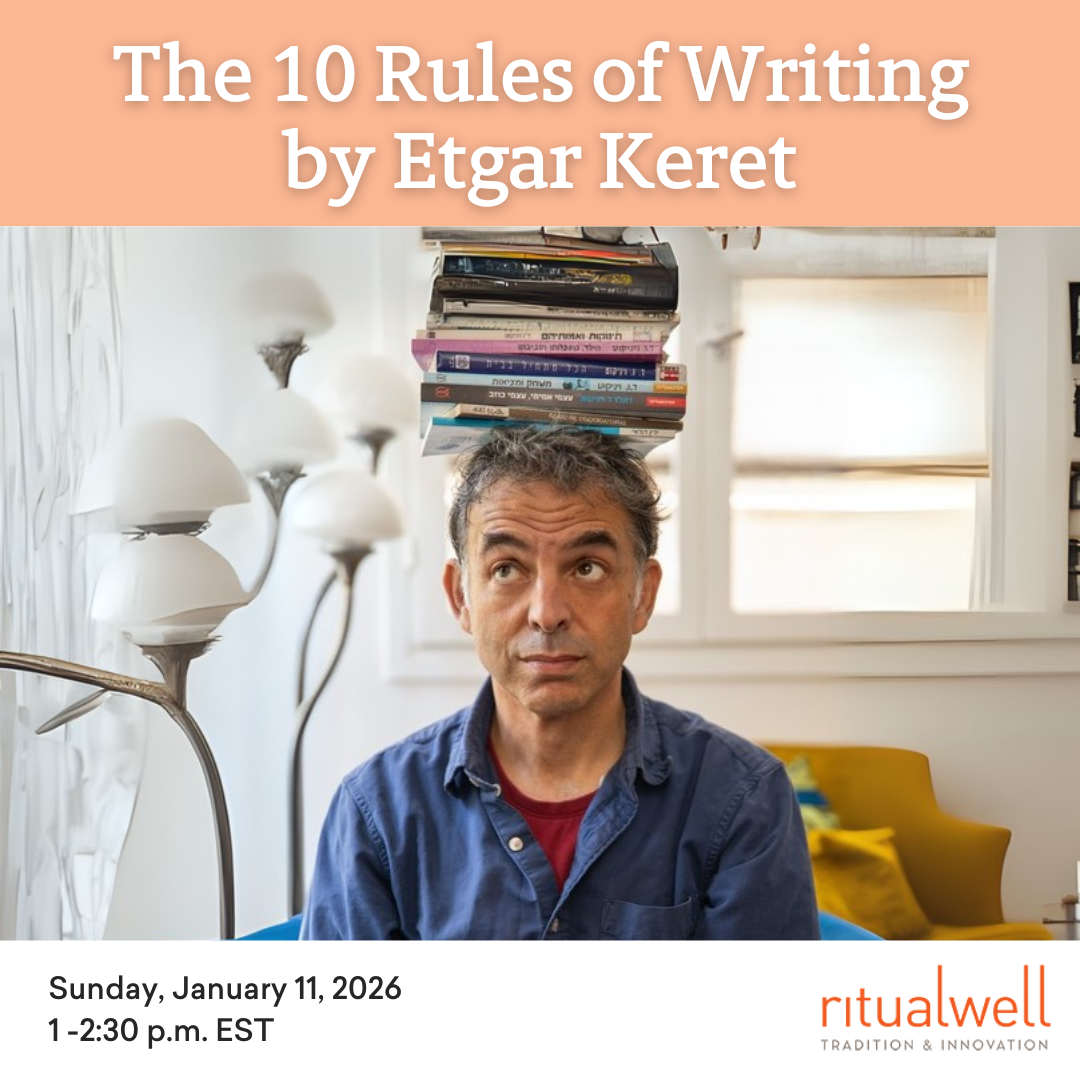Grief begins to feel like the humidity of northeast summer: a ubiquitous discomfort that we’ve come to accept as normal.
On December 14, 2012, along with millions of other Americans, I found myself crying on the living room sofa as I absorbed the unbearable news of the Sandy Hook massacre, in which 20 children and 6 adults were murdered in school. The evening of the shooting, Dannel Malloy, governor of Connecticut, stated, “Evil visited this community today, and it is too early to speak of recovery…” These words resonate deeply with me today as our nation continues to reel from the racist massacre at Emanuel AME Church in Charleston, SC, where nine people were murdered during Bible study.
The years that have passed between Sandy Hook and Charleston have changed me. Every day I brace myself for news of yet another massacre or police shooting. The names of the dead parade daily on my computer screen, and slowly over time the feeling of shock and raw anger has transformed into a kind of bitter numbness. Calls for healing arrive almost immediately following these egregious crimes, as though we are expected to skip over the important process of grief. But just as we begin to grieve the news cycle presents us with the next set of victims to add to the growing list. Grief begins to feel like the humidity of northeast summer: a ubiquitous discomfort that we’ve come to accept as normal. Some days we pray for rain, for release from the persistence of guns, violence, and racism; some days we just turn on the air conditioning.
I am terrified that public spaces like schools and movie theatres are no longer safe. I am sensitized as never before that my light skin protects me from the daily assaults that black people have been suffering long before police shootings were in the headlines. I am horrified at news from abroad, that queer Jews are being stabbed in the streets of Jerusalem by fellow Jews, that a Palestinian child is burned to death by a radical terrorist, that victims of global terrorism are too many to count. Is no place safe?
Occasionally, I try to channel fresh anger into action, but it is hard to believe my actions make a difference. Signing a petition to advocate for gun control, stating loud and clear that black lives matter… who is listening? Attempts at contributing to social change begin to feel like existential, even theological, questions. If we pray for the healing of this country, who is on the other end listening to that prayer?
How does anyone heal from events that feel simultaneously unfathomable and yet so plain, so common? For those closest to the terror, those who lost loved ones, the possibility of healing seems unimaginable. For us onlookers, comfortably witnessing the news from our living rooms and behind computer screens, who grieve deeply yet feel a secret sense of relief at our own safety, how do we contribute to the collective healing of our country, our world? Our pain is a drop in the ocean of the pain of survivors. Our anger is mitigated by our relative safety. Nevertheless, our hearts remain broken.
The Jewish calendar at this time of year reflects the push and pull of the need for both grief and comfort. Tisha B’av, the holiday in which we collectively mourn for communal tragedies, is followed by Shabbat Nachamu, Sabbath of comfort. We chant the haftarah portion from Isaiah that begins: “Nachamu, nachmu [comfort, comfort], my people…” These words, attributed to God by Isaiah, seem intentionally doubled. Even God can’t get away with a quick call for healing. It is as if the author of the text knew how shallow the call for healing could be. So he had to repeat it: Comfort, comfort. Even if it feels undeserved: comfort, comfort. Even if feels that the grieving never ends: comfort, comfort. Sometimes we have to hear it over and over to believe true healing is possible.
Yet just as soon as we are offered comfort, we are called to action: “A voice calls in the wilderness: make a path for God.” In non-theological terms, I read this as clearing a path to make real change. While at times I may not feel worthy of comfort, while “healing” seems superficial when people’s lives are still constantly at risk, I must find a way, in time, to heal my own small brokenness to gather strength to help repair the much larger brokenness that requires collective attention. I echo Dannel Malloy’s words that it is too early to speak of recovery. The healing that needs to take place is on a scale many of us can’t fathom. Healing must take place through legal, political, and systemic channels. Certainly the raw power of anger can fuel a commitment to action.
Even when healing feels inappropriate, it is, ultimately, necessary if we want to stand for what is right and good. As we enter the transformative month of Elul, the time when God is described as coming down to the field to stand by us and offer comfort as we prepare to be judged on Yom Kippur, I pray for the ability to ask for and accept comfort. I pray that the comfort I receive is not a mere balm to soothe the sadness and guilt of witnessing, but a fortifier of strength to do what is right. May we all be forgiven for the collective sins of our nation and our world. May we move from strength to deeper strength.






